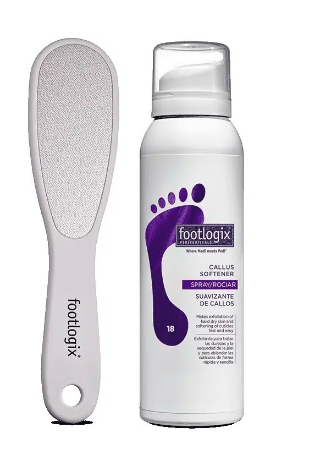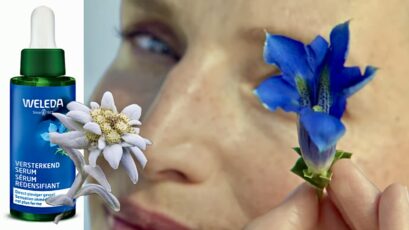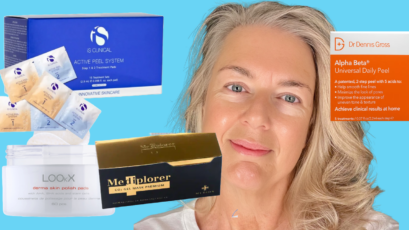Study evaluates whether vitamins help prevent photoageing
Inconclusive findings—’prevention is better than seeking a cure’
It goes without saying that the body must have an adequate intake of vitamins for long-term health. But do vitamins have a measurable effect when applied topically to the skin for the treatment of sun damage? Many cosmeceutical products contain topical vitamins for this very purpose.
“Vitamins and photoaging: Do scientific data support their use?”, a report published online in the Journal of the American Academy of Dermatology, has delved into an array of published scientific literature to determine whether there is evidence to support these claims.
Dr Jenny Kim, associate professor of dermatology, department of medicine at the University of California, says: “Numerous companies developing cosmeceuticals base their effectiveness claims on the fact that their formulations contain vitamins proven in laboratories to modify cellular processes thought to contribute to the appearance of photoaged skin.”
The study investigated the role of vitamins A, C, E and B3 in modifying the photoageing process. “While it is evident that these vitamins can play a role in fighting sun damage, the question still remains whether these properties are effective when delivered in skin care products,” says Dr Kim.
Retinol, the most biologically active form of vitamin A, and carotenoids are the two most common forms of vitamin A studied for their role in UV protection. While carotenoids—which have antioxidant properties—have not shown to be beneficial for photoageing treatment, research suggests they may prevent UV-induced collagen breakdown.
There is evidence that topical retinoids, which are formed by retinol and natural or synthetic derivatives, can treat photoaged skin—particularly in prescription retinoid formulations. But Dr Kim says that not all retinoids are equal in their ability to treat photoageing; unlike topical retinoids, there is minimal evidence to support the use of oral retinoid treatment.
UV radiation
Harmful UV rays can damage collagen and elastin; so with repeated sun exposure, the skin loses its ability to repair itself. While studies have shown that vitamin C helps collagen and elastin production, and may reverse the negative effects of UV radiation, it can be unstable when used in cosmeceutical formulations.
“This problem has been partially overcome by chemically modifying ascorbic acid,” says Dr Kim. “However, for the body to use the supplied ascorbic acid, it must convert it to L-ascorbic acid, and many of the stabilised, commercially available forms have not been examined to determine whether this conversion is possible.”
Vitamin E works as an antioxidant and protects cell membranes. UV exposure decreases cutaneous vitamin E, and studies have shown that topical vitamin E is more effective when used before sun exposure than to reduce photoageing.
But Dr Kim says vitamins C and E should be used in combination for best effect. “Vitamin C should be included in any formulation containing vitamin E because of the important role it plays in maintaining active vitamin E levels.”
A combination of both as an oral supplement may provide photoprotection, but vitamin E in prolonged doses may be harmful. Studies have suggested a high intake may lead to an increased risk of basal cell carcinoma.
B-complex vitamins promote healthy skin, but studies have shown vitamin B3 can increase collagen production and reduce skin hyperpigmentation.
“There has been one clinical trial conducted in Caucasian women in which 50 women applied 5% topical vitamin B3 to one side of their faces twice per day for 12 weeks. These women experienced significant reductions in the appearance of hyperpigmented spots, redness, wrinkles, and yellowing, as well as improved skin elasticity,” says Dr Kim.
“While initial studies show promise that topical vitamin B3 may prevent UV-induced skin aging, larger clinical trials are needed to confirm its role as a definitive treatment of photoaging,” Dr Kim says.
While vitamins may potentially have a protective effect against harmful sun exposure, research is still inconclusive. Dr Kim reiterates that prevention is better than seeking a cure.
“Given the number, type and variability of preparations available, consumers should understand that skin care products with vitamins may not provide clinically meaningful improvement. Proper sun protection is key to the prevention of photoaging and should be top of mind at all times,” Dr Kim says.
http://www.bodylanguage.net/observation1.html





